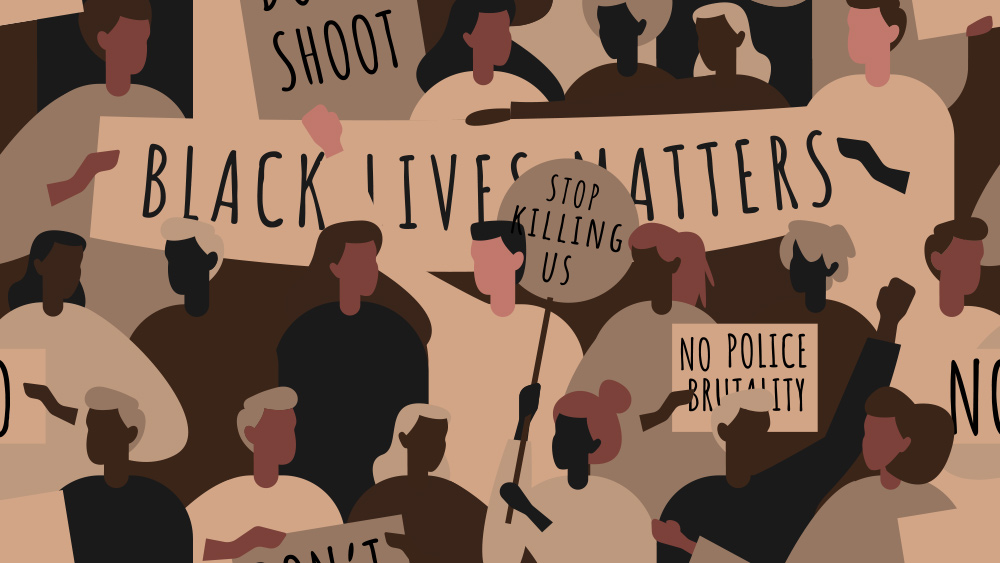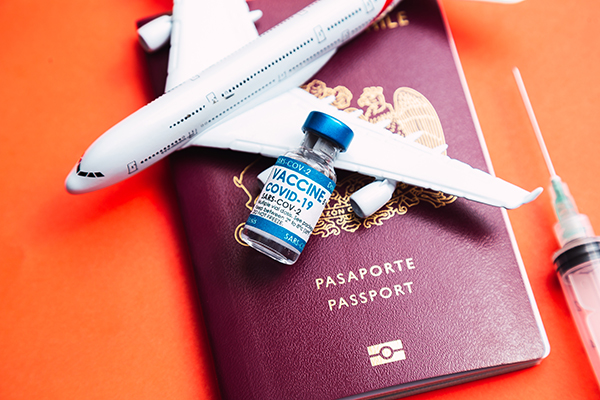
The Skittles spill gained notoriety when a Wisconsin Sheriff posted on Facebook that "hundreds of thousands of Skittles" had fallen from a truck and were adorning the highway. The lighthearted post also revealed that the candied were on their way to become cattle feed when the accident occurred.
As it turns out, those particular Skittles were not actually intended for livestock consumption, so Mars, Inc., the candy's manufacturer, is now investigating. Apparently, the factory that made those Skittles doesn't sell unused candy for the purpose of feeding livestock. Who knows what else they are using leftover candy for.
However, the candy company itself does sell their leftover candy and unused ingredients to industrial agricultural processors, who transform the Skittle scraps and other materials into animal feed. Specifically, the Skittles are melted down and turned into a sugary syrup that is then combined with other ingredients. Sounds appetizing, doesn't it?
The idea of feeding candy to livestock animals like cows may sound shocking, but it is actually a disturbingly common practice that has even been approved of by the FDA.
(Related: Keep up with the FDA's latest headlines at FDA.news)
Feeding cattle candy has been going on for decades
Turning candy into animal feed has practically become a tradition of conventional factory farming. Even CNN reported on the phenomenon, noting in 2012 that cash-strapped farmers began fattening up their cows with things like chocolate, gummy worms, sprinkles, marshmallows and even powdered hot chocolate.
Livestock nutritionist Ki Fanning, who at the time worked for Great Plains Livestock Consulting Inc., located in Nebraska, told CNN Money, "It has been a practice going on for decades and is a very good way to for producers to reduce feed cost, and to provide less expensive food for consumers."
As corn prices skyrocketed -- partially thanks to a government-subsidized demand for ethanol, partially due droughts -- the practice of feeding candy to livestock began to increase in popularity. So-called "thrifty" farmers realized that unwanted food products like candy are a great way to make cattle fatter for less. In 2012, a ton of corn cost about $315, while one ton of ice cream sprinkles cost a mere $160. (RELATED: See more examples of bizarre ingredients in the food supply at Ingredients.news)
Ridiculous cattle "nutritionists" approve
Apparently, this practice has even garnered approval from a number of livestock "nutritionists." Mike Yoder, a dairy farmer from Indiana, notes that a nutritionist recommended that his cows' candy intake shouldn't exceed 3% of their daily diet. Yoder also said that all the sugar in the ice cream sprinkles he feeds his cattle increased their milk production exponentially. Each cow produced about three extra pounds of milk per day on their new candy-filled diets.
Livestock nutritionist Chuck Hurst -- owner of Nutritech, Inc. in Carmen, Idaho -- claims that the sugar helps to fatten up lifestock, and claims that this causes no harm to the animals. According to Hurst, it's the sugar in the candy that's important. He even goes so far as to claim that for cows, eating candy is the same thing as eating corn.
Even a professor of animal nutrition from the University of Tennessee seems to find nothing wrong with this ludicrous practice. Professor John Waller is unfazed by the practice and claims that it is a viable alternative to feeding cows what they were meant to eat. "It keeps fat material from going out in the landfill, and it's a good way to get nutrients in these cattle. The alternative would be to put [the candy] in a landfill somewhere."
What essential nutrients are in Skittles again?
Apparently, these people have forgotten that cows are meant to eat grass (and hay) -- not corn, and certainly not leftover candy.
Sources:
Please contact us for more information.























